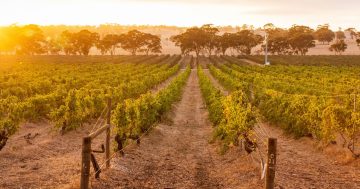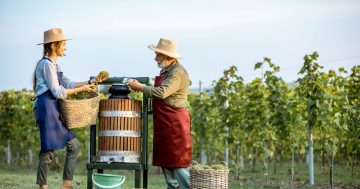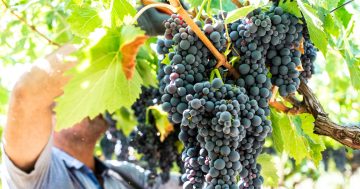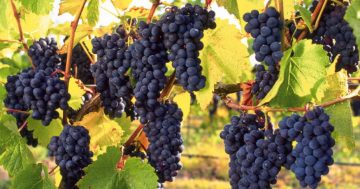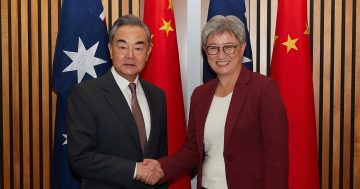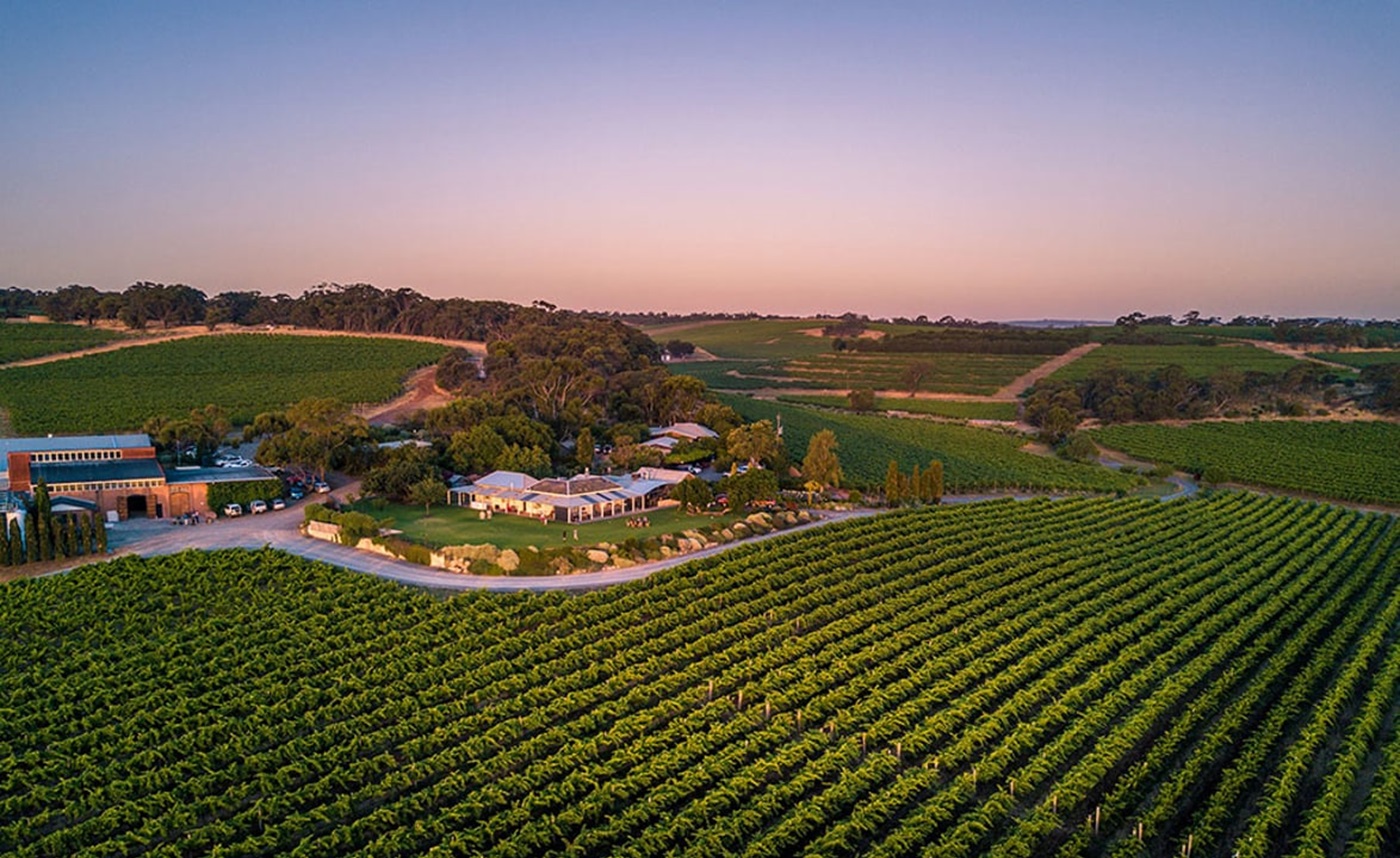
The Chinese delegation visited the Barossa, McLaren Vale (pictured) and the Clare Valley regions. Photo: Visit SA.
A group of Chinese wine buyers has visited South Australia’s wine growing regions as part of the state’s re-emergence into the Chinese market after the relaxing on tariffs earlier this year.
The delegation was invited to South Australia as part of the state’s $1.85 million wine export re-engagement program that was established to promote export growth following the removal of the tariffs.
The delegation visited the Barossa, McClaren Vale and Clare Valley regions. As a part of the visit, some 70 producers from eight wine regions offered exclusive tastings, premium and unique experiences and personalised meetings to build connections and to try to align South Australian wineries and brands with the Chinese market.
China imposed massive trade barriers through tariffs in 2020 after alleging Australia had been dumping wine on the Chinese market, a move it dubbed “uncompetitive behaviour”. Significant tariffs were also placed on Australian beef, lobster and other exports totalling some $20 billion, with some analysts linking the timing of the move to calls by then prime minister Scott Morrison to investigate China’s role in the spread of the COVID-19 pandemic.
In October 2020 just before the tariffs were levied, China was South Australia’s largest wine export market with annual exports valued at $946.5 million or 47.2 per cent of South Australia’s wine exports globally. By comparison, in the year ending November 2023, South Australian wine exports to China were just $2.7 million.
In 2022, the former Coalition government launched an action with the World Trade Organisation (WTO) to review the tariffs, and this was taken up by the Labor Government upon its election that year.
In response, China agreed to review the tariffs in return for Australia suspending its appeal to the WTO. Labor Trade Minister Don Farrell said he would not hesitate to renew the action if the trade barriers were not lifted.
In anticipation of China’s removal of the tariffs, in January and February the State Government held a series of workshops for winemakers in the Barossa, Hahndorf, Coonawarra and Renmark grape growing regions to prepare them for a re-entry to market.
These included the latest information on the China market, including topics such as economics, wine market conditions, market access and entry, legal considerations and cultural awareness.
As part of a thawing in political and trade relations between the two countries, China’s Commerce Ministry announced that it was “no longer necessary to impose anti-dumping duties and countervailing duties on the imports of the relevant wines originating in Australia”, and the tariffs were lifted in March.
In a statement at the time, Mr Farrell and Prime Minister Anthony Albanese welcomed the decision and said it came at a “critical time” for the industry.
“The re-entry of Australian bottled wine into the Chinese market will benefit both Australian producers and Chinese consumers,” they said.
“We acknowledge and thank Australian grape growers and wine producers for their fortitude and support during a challenging period.
South Australian Minister for Trade and Investment Joe Szakacs said the Chinese delegation’s visit and the re-engagement program was part of the South Australian Government’s efforts to support the state’s local wine sector to get back into the Chinese export market, and to reposition its reputation as a market leader in China.
“There’s no equivalent to being on the ground, speaking to winemakers and experiencing the essence of our unique landscape to understand our wine, how it is made and what makes it so extraordinary,” he said.
“Armed with this experience, the buyers will leave our shores equipped with business connections and a tangible understanding of premium South Australian wine.”


